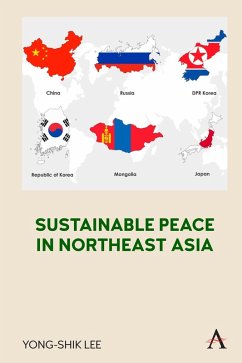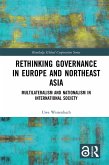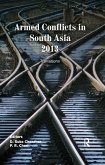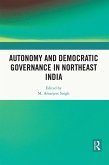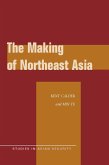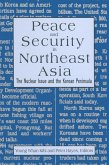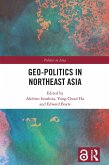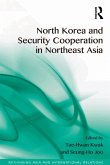Northeast Asia, a major region in Asia covering China, Korea (South and North Korea), Japan, Mongolia, and the Southeast corner of Russia, is economically one of the most vibrant areas in the world, with a rich array of economic opportunities. Yet, it is simultaneously one of the world's most politically and militarily unstable regions, creating a global security risk. This risk was made apparent by North Korea's nuclear crisis, which was followed by a series of its nuclear tests and ballistic missile launches from 2016 to 2017. Although the worst-case scenario may have been avoided by a summit meeting between the heads of South and North Korea on April 27, 2018, and another summit between the United States and North Korea on June 12, 2018, substantial uncertainty and the risk of a major military conflict remains.
Although less dramatic and visible to the outside world, other political and military tensions among constituent countries in Northeast Asia, with their deep historical origins dating back centuries, are also significant. These tensions have been demonstrated by persistent territorial disputes, lack of reconciliation on the question of war crimes during World War II, increasing disparities in political influence and military power among Northeast Asian countries as a result of China's ascension, and increasing uncertainty in the region due to the potential instability of North Korea. These problems create a risk of destabilizing Northeast Asia with a substantial global impact.
Sustainable Peace in Northeast Asia examines the causes of these complex tensions in Northeast Asia and their underlying political, historic, military, and economic developments. It further discusses their political-economic implications for the world and explores possible solutions to build lasting peace in the region. This book offers a unique approach to these important issues by examining the perspectives of each constituent country in Northeast Asia: China, South and North Korea, Japan, and Mongolia, and their respective roles in the region. Major global powers, such as the United States and Russia, have also closely engaged in the political and economic affairs of the region through a network of alliances, diplomacy, trade, and investment. The book discusses the influence of these external powers, their political and economic objectives in the region, their strategies, and the dynamics that their engagement has brought to the region. Both South Korea and North Korea have sought reunification of the Korean peninsula, which will have a substantial impact on the region. The book examines its justification, feasibility and effects for the region. The book also discusses the role of Mongolia in the context of the power dynamics in Northeast Asia. A relatively small country, in terms of its population, Mongolia has rarely been examined in this context; Sustainable Peace in Northeast Asia makes a fresh assessment on its potential role.
Although less dramatic and visible to the outside world, other political and military tensions among constituent countries in Northeast Asia, with their deep historical origins dating back centuries, are also significant. These tensions have been demonstrated by persistent territorial disputes, lack of reconciliation on the question of war crimes during World War II, increasing disparities in political influence and military power among Northeast Asian countries as a result of China's ascension, and increasing uncertainty in the region due to the potential instability of North Korea. These problems create a risk of destabilizing Northeast Asia with a substantial global impact.
Sustainable Peace in Northeast Asia examines the causes of these complex tensions in Northeast Asia and their underlying political, historic, military, and economic developments. It further discusses their political-economic implications for the world and explores possible solutions to build lasting peace in the region. This book offers a unique approach to these important issues by examining the perspectives of each constituent country in Northeast Asia: China, South and North Korea, Japan, and Mongolia, and their respective roles in the region. Major global powers, such as the United States and Russia, have also closely engaged in the political and economic affairs of the region through a network of alliances, diplomacy, trade, and investment. The book discusses the influence of these external powers, their political and economic objectives in the region, their strategies, and the dynamics that their engagement has brought to the region. Both South Korea and North Korea have sought reunification of the Korean peninsula, which will have a substantial impact on the region. The book examines its justification, feasibility and effects for the region. The book also discusses the role of Mongolia in the context of the power dynamics in Northeast Asia. A relatively small country, in terms of its population, Mongolia has rarely been examined in this context; Sustainable Peace in Northeast Asia makes a fresh assessment on its potential role.
Dieser Download kann aus rechtlichen Gründen nur mit Rechnungsadresse in A, D ausgeliefert werden.

